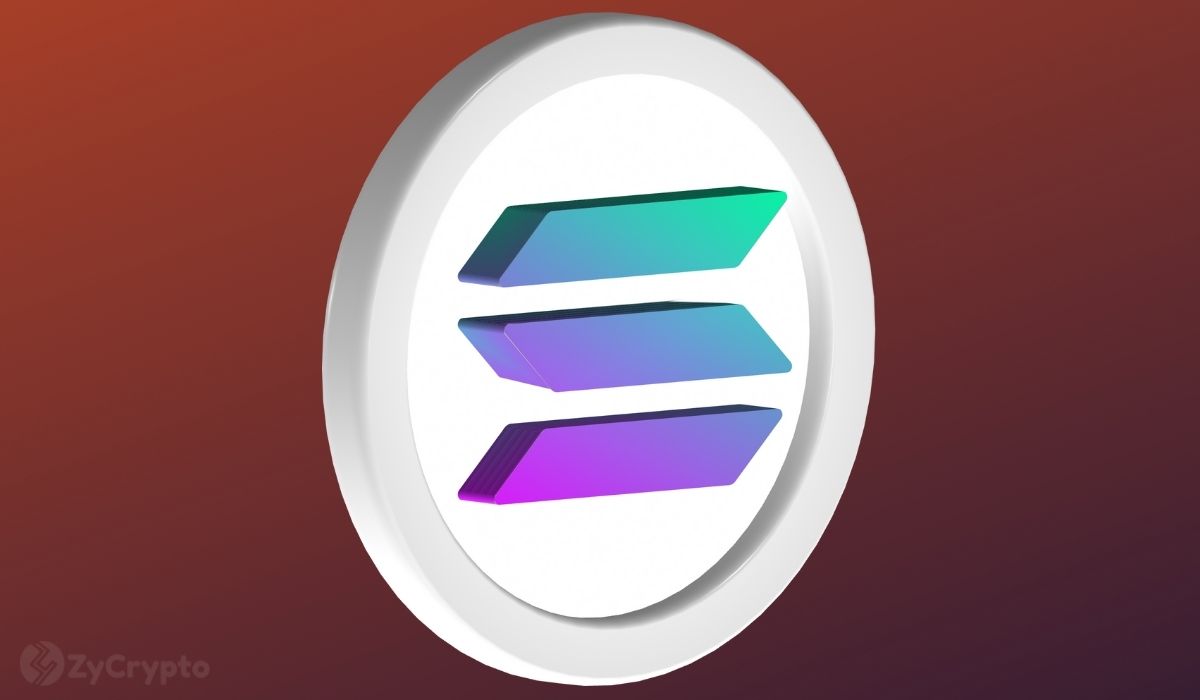Ethereum wasn’t the first altcoin, but it has developed to be the dominant one. With a current market capitalization of $208 billion, ETH has grown to be the most extensive altcoin, despite being launched after assets like Litecoin, Dogecoin, Ripple and Dash.
With the birth of Ethereum Killers, Ether has been the subject of several comparisons, especially with Solana. Recently, an Ethereum proponent highlighted reasons why Ethereum is incomparable to Solana.
Pundit highlights SOL’s persistent network outages
Ethereum’s reliance on the consensus mechanism encouraged the emergence of assets looking to replicate the Ethereum blockchain diversity without the environmental concerns of mining and high transaction fees accompanying PoW. One of such assets is Solana. The Solana network has frequently been compared to Ethereum.
Justin Bons, an Ethereum proponent and founder of Cyber Capital, has noted why comparing Ethereum’s early history to Solana isn’t a sound argument. “ETH never had network downtime in its entire history, unlike SOL,” he said, referring to the periodic network outages that have plagued the Solana network in past months.
Bons proceeded, “ETH’s founders never got caught lying, unlike SOL,” bringing back events of two years ago. In April 2020 – after Solana was launched – the Solana team mentioned that SOL had a total circulating supply of 8.2M tokens, but the total circulating supply was later discovered to be about 20M at the time.
Bons concluded by stating that while ETH has its unique flaws, the numerous issues and bad designs plaguing the SOL project should not be downplayed through comparison with the early days of ETH. He further added that he believes EGLD is more scalable and decentralized than SOL.
Solana aims to solve the Blockchain Trilemma with Proof-of-History (PoH)
Bons has made a habit of discussing Solana. His recent tweet comes barely six days after he accused the Solana project of being filled with “lies, fraud & bad design,” publishing a 25-tweet thread aimed at “exposing a pattern of bad behaviour” within the Solana team. Solana Lab’s co-founder, Anatoly Yakovenko, replied Bons hours later in defence of his project.
“People that latch on to the “solana counts votes as transactions” just have a deep misunderstanding of how the chain works and why. The runtime is so fast and optimized that it’s possible and cheapest to simply submit votes as actual transactions. There is no other runtime in the world that can handle that, or solana validators would simply skip all the work and submit 280m txs per day to that network instead. Good luck with that.”
Solana was initiated in 2017 by Russian computer engineer Anatoly Yakovenko as an open-source blockchain with smart contracts functionality. The Solana chain aims to solve the Blockchain Trilemma by integrating a Proof-of-Stake mechanism with Proof-of-History.
Solana’s utilisation of PoH has led most of the community to believe the network isn’t truly decentralised. Despite promising lower fees and higher scalability than the ETH chain, Solana has had its unique issues, including network outages.
Following the release of its Mainnet Beta v1.10, the network appears to be improving. SOL is currently the 9th largest crypto asset with a market cap of $15.2B. It currently trades at $44, with a gain of 1.4% in the past 24 hours.







